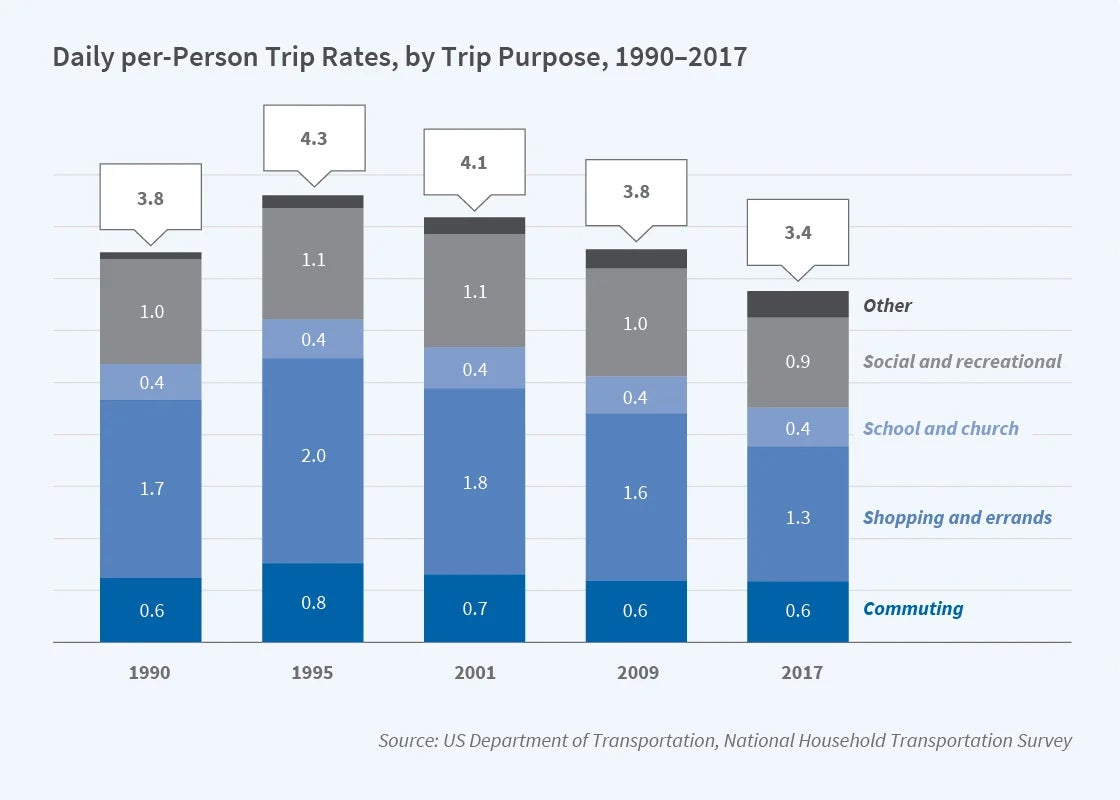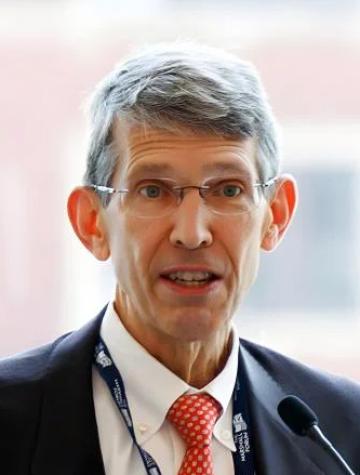Transportation Economics in the 21st Century
Overview
This project supports research on three central issues in transportation economics:
- The impact of the transportation sector on the economy
- New transportation technologies and initiatives such as automation and ride-sharing
- The role of transportation in contributing to household welfare.
It also seeks to develop new data resources to support empirical research in transportation economics. The project supports a diverse set of research subprojects. The findings of these projects are presented and discussed at an annual research conference, and distributed in the NBER Working Paper series.
Conferences
The project has supported 12 conferences since the inaugural meeting in Spring 2020. The most recent conference, Economics of Transportation in the 21st Century, Fall 2025 focused on the economics of automated vehicles in both the light duty vehicle fleet and in freight transportation. Previous conferences have focused on a range of other issues including transportation infrastructure, supply chains, and evolving technologies for the delivery of transportation services.
Projects
An initial call for research proposals was broadly disseminated in October 2019. The initial round and three successive calls have led to 143 submissions and 25 funded projects. Topics from the most recent projects have included how driver assistance technologies impact transportation safety, the role of public charging infrastructure on electric vehicle market development, and implications for remote work and urban transportation in the United States.

Investigators

James Poterba is the Mitsui Professor of Economics at the Massachusetts Institute of Technology and the President and CEO of the NBER. His research straddles the fields of public and financial economics, with particular emphasis on tax policy and on the determinants of retirement security.

Edward Glaeser is the Fred and Eleanor Glimp Professor of Economics at Harvard University. His research ranges broadly within urban economics, exploring the determinants of city growth and the role of cities in fostering idea transmission and other agglomeration economies.

Stephen J. Redding is the Harold T. Shapiro ‘64 Professor in Economics at Princeton University. His research interests span international trade, economic geography, and the determinants of productivity and economic growth.


